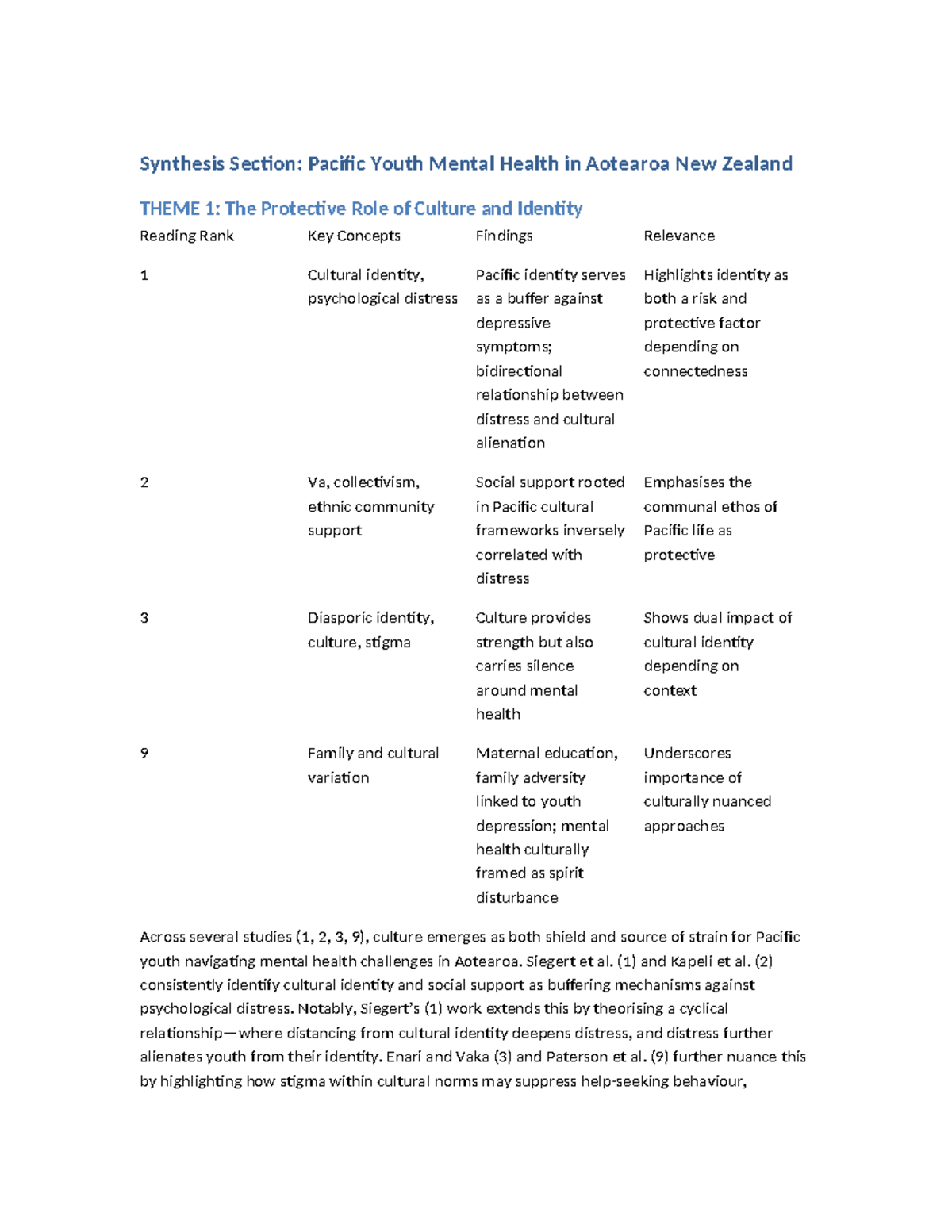HONOLULU (HawaiiNewsNow) – May marks Mental Health Awareness Month, and advocates are highlighting the ongoing mental health crisis in the United States. Millions of individuals, particularly in Hawaii, face barriers to accessing effective care for conditions such as anxiety, depression, and trauma.
Robert Boyack from the nonprofit Child & Family Service (CFS) spoke during HNN’s Sunrise about the urgency of improving mental health resources for families in Hawaii. He noted that despite advancements in various mental health initiatives, over 30 million Americans remain without access to comprehensive care.
Key statistics underscore the severity of the issue: – 1 in 6 youth in the U.S. has a mental health condition, yet only half receive treatment. – 50% of all lifetime mental illness begins by age 14, and 75% by age 24. – 1 in 20 adults in the U.S. experience serious mental illness each year. – More than 30% of adults in Hawaii report experiencing symptoms of anxiety and/or depression. – Over 20% of individuals needing mental health care do not receive it.
Hawaii has seen increasing mental health challenges across all age demographics. In 2020, more than 11,000 youths in the state reported at least one major depressive episode, with over half not receiving necessary care. CFS warns that untreated mental health issues lead to more emergency room visits, unresolved trauma, and increased long-term costs for individuals and the community.
Boyack highlighted the impact of modern pressures, stating, “From cyberbullying to the constant comparison culture of social media, kids are living in a world of 24/7 judgment and unattainable expectations.”
In Hawaii, the wait times for youth therapy can stretch from four to six weeks. The lack of trained mental health professionals is a critical issue, particularly in underserved areas such as Maui and Kauai counties. The shortage of providers means that many youths cannot access timely therapy. Additionally, reimbursement rates for Medicaid patients are so low that many providers struggle to remain in business.
CFS is advocating for increased Medicaid funding and federal investments through agencies like the Substance Abuse and Mental Health Services Administration (SAMHSA). The nonprofit offers services including cognitive behavioral therapy and trauma-informed care, as well as programs aimed at helping youths transition to success.
To support mental health, experts recommend: – Staying connected with supportive friends and family, as strong relationships enhance emotional well-being. – Practicing regular self-care through activities like exercise, mindfulness, and ensuring adequate sleep. – Expressing feelings openly, as sharing emotions can alleviate stress and promote understanding.
Finding a trusted mental health provider is essential for effective care. For more resources, visit childandfamilyservice.org/resources or call 808-681-1535.



